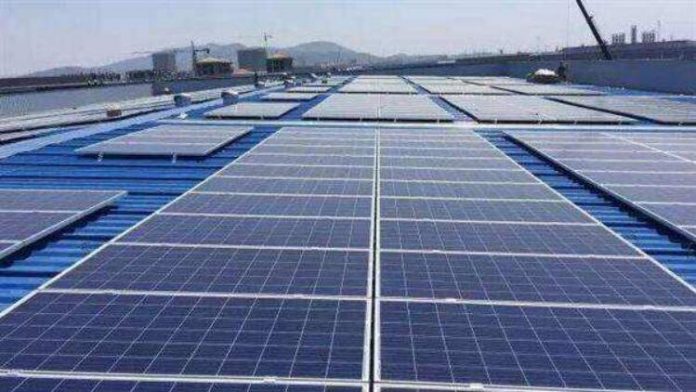To preserve and grow the American workforce and U.S. economy following the devastating impact of COVID-19, Citizens for Responsible Energy Solutions (CRES) delivered to House and Senate leadership a letter outlining the value of investment in clean energy as well as the removal of barriers to execute and complete clean energy projects as part of any future stimulus package.
In the letter addressed to House Speaker Nancy Pelosi (D-CA), House Republican Leader Kevin McCarthy (R-CA), Senate Majority Leader Mitch McConnell (R-KY) and Senate Democratic Leader Chuck Schumer (D-NY), CRES called on Congress to pass the well-vetted, bipartisan supported S. 2302, the America’s Transportation Infrastructure Act (ATIA) and S. 2657, the American Energy Innovation Act (AEIA) in addition to provisions that seek to revive short-term investment and provide certainty in the marketplace for energy projects.
“As Congress starts thinking about additional measures to stabilize the economy, secure jobs, and stimulate growth, the clean energy sector is worthy of thoughtful consideration,” said CRES executive director Heather Reams. “An all-of-the-above approach to energy is the principal reason the U.S. has been able to grow the economy and reduce carbon emissions more than any other country over the past decade. Responsible investment in this sector will only help to secure critical jobs, promote future economic growth, and continue efforts to reduce emissions at the lowest cost to the American taxpayer.”
As the letter outlined, ATIA will streamline project delivery and federal approval of infrastructure projects, reduce carbon emissions, support carbon capture, utilization and sequestration projects, and provide funding to build and protect sustainable infrastructure. AEIA will modernize domestic energy laws, thereby reducing barriers to ensure the U.S. remains a global energy leader while also strengthening national security, increasing international competitiveness, and investing in clean energy technologies that protect human health and the global environment.
In addition to the two Senate bills, CRES’ letter also advocates that tax safe harbor and direct payment mechanisms be included to ensure existing energy infrastructure projects meet their contractual agreements due to the disruption of the supply chain and to address the scarcity in the tax equity market. These modifications will preserve and expand clean energy jobs across every skill level and in every state.
“Renewable energy jobs were among the fastest growing over the past decade,” said Reams. “As Congress looks to stimulate the economy and get America back to work, investing in clean energy will yield far-reaching economic benefits while improving public health, reducing pollution, and reducing greenhouse gas emissions — a win-win.”






